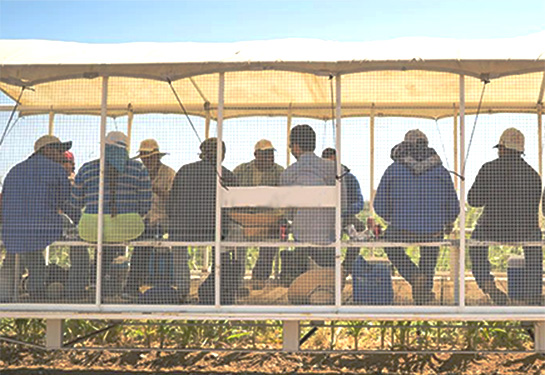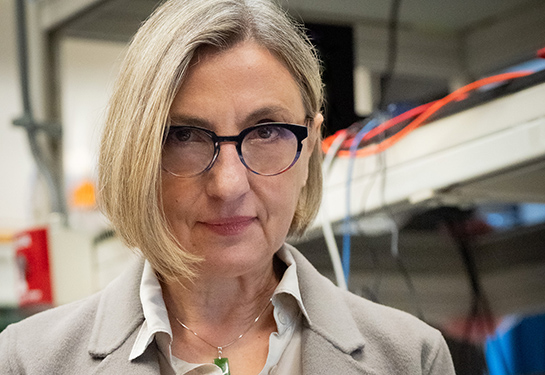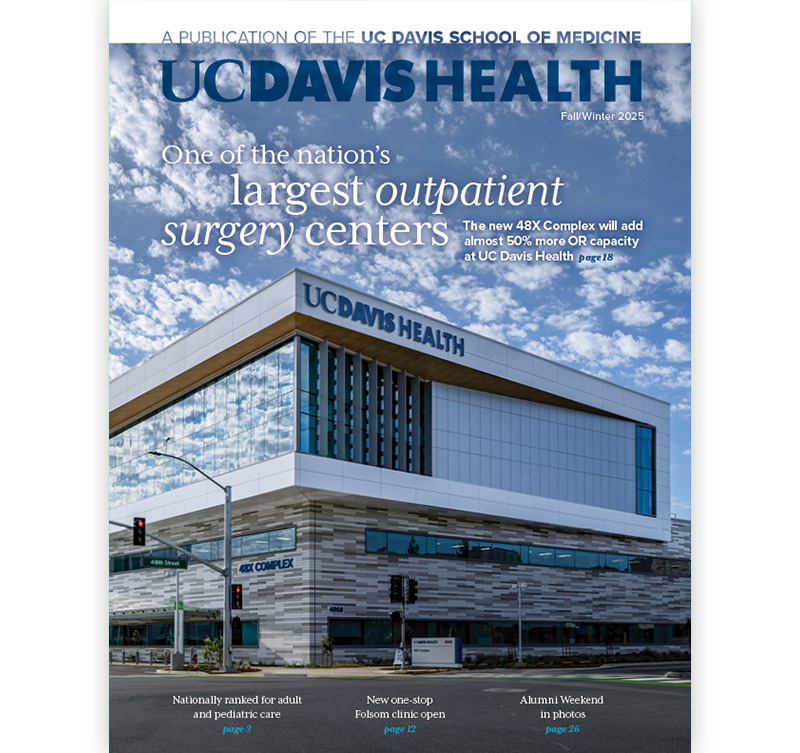Farmworker health, safety and rights are focus of conference
Event was co-sponsored by the UC Davis Western Center for Agricultural Health and Safety and Comite Civico del Valle
Agriculture is one of the most dangerous industries in the U.S.
Farmworkers are an essential part of California’s agriculture. Yet, they are vulnerable due to language barriers, health and safety issues from the labor-intensive work, immigration status and economic obstacles.
To address these issues, the UC Davis Western Center for Agricultural Health and Safety (WCAHS) and Comite Civico del Valle (CCV) held a first-of-its-kind conference specifically designed for farmworkers in California.
Approximately 200 farmworkers attended the event, Conferencia Campesina de Salud y Bienestar, held on March 24 in the Imperial Valley in Calexico, Calif.
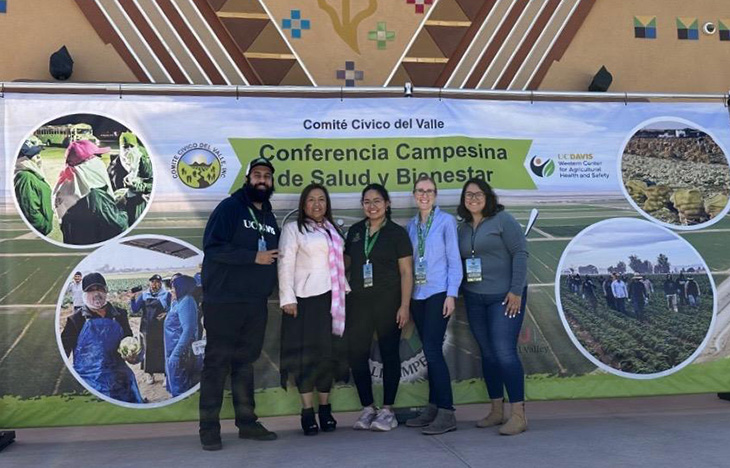
“Our goal for this event was to center farmworkers and their priorities. It was an inspiring day that highlighted the resiliency of workers and the commitment of local organizations like CCV that serve them,” said Heather Riden, program director for WCAHS.
WCAHS is a center in the Department of Public Health Sciences at the UC Davis School of Medicine. Its mission is to improve the health and safety of agricultural workers in the West through innovative research, interactive training and tailored outreach.
The Statewide Agriculture and Farmworker Education (SAFE) Program funded the conference.
Esther Bejarano, programs manager at CCV, welcomed the attendees. “I want to thank all of you for being here, for taking your time. This is a historic day. I am very happy. This is a dream for me that came true thanks to the SAFE Program.”

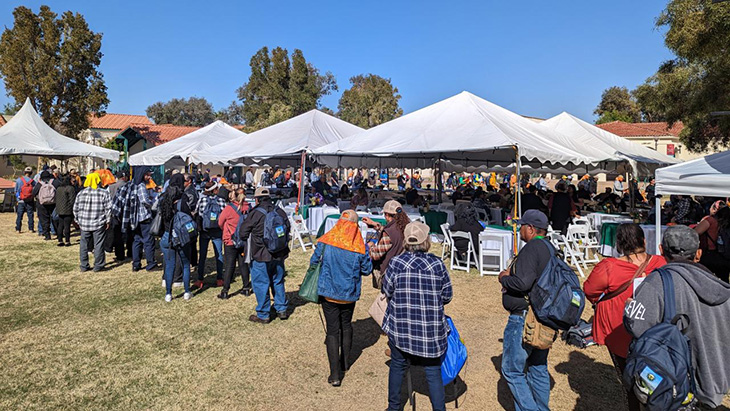
Focus on farmworker health and safety
All the presentations at the conference focused on farmworker health, safety and rights.
Sergio Aguilar-Gaxiola, a professor of internal medicine and the director of the Center for Reducing Health Disparities, gave the keynote address discussing farmworker health and wellness.
Teresa Andrews, an education and outreach specialist at WCAHS, presented the session “The Change Starts with You.”
Afternoon activities included a “Pláticas en Confianza” (“Conversations in Trust”) session, as well as presentations on pesticide safety, labor laws and compensation, immigration rights and more.
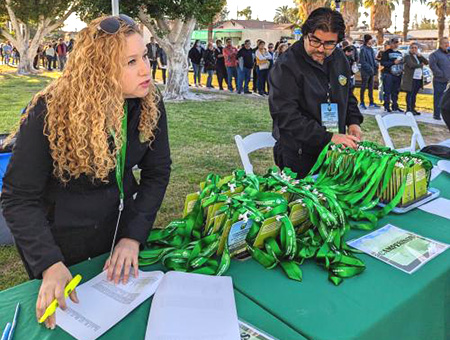
In addition to the presentations, WCAHS and other organizations had tables with free resources for farmworkers.
The event was well received by the attendees.
One participant, a lettuce worker, said, “These talks enrich us all. More than anything, for our rights, for knowing how to defend ourselves. Knowledge is power, and so you have to practice it, you have to follow, and you have to be constant. You have to really want it because if we don’t take care of ourselves, nobody is going to take care of us, so don’t take this just like that—lightly. Keep this in mind because it will serve us now, and it will serve us forever.”
The organizers noted some of the lessons they learned at the event:
- Farmworkers developed a deeper sense of community and felt enriched by the topics and conversations.
- Holding a conference for farmworkers is a new, exciting way to reach farmworkers that compliments other outreach events.
- There is value in holding conversations and offering spaces where farmworkers feel comfortable voicing their ideas and questions.
Another farmworker attendee expressed gratitude. “I want to thank the entire Comite [Civico del Valle] for the effort you make to bring all farmworkers together and give us information about our rights. I think that the other colleagues who are working, who went to work, we are going to inform them that hopefully we will have them here with us in the future. I know that unity is strength.”
Resources


